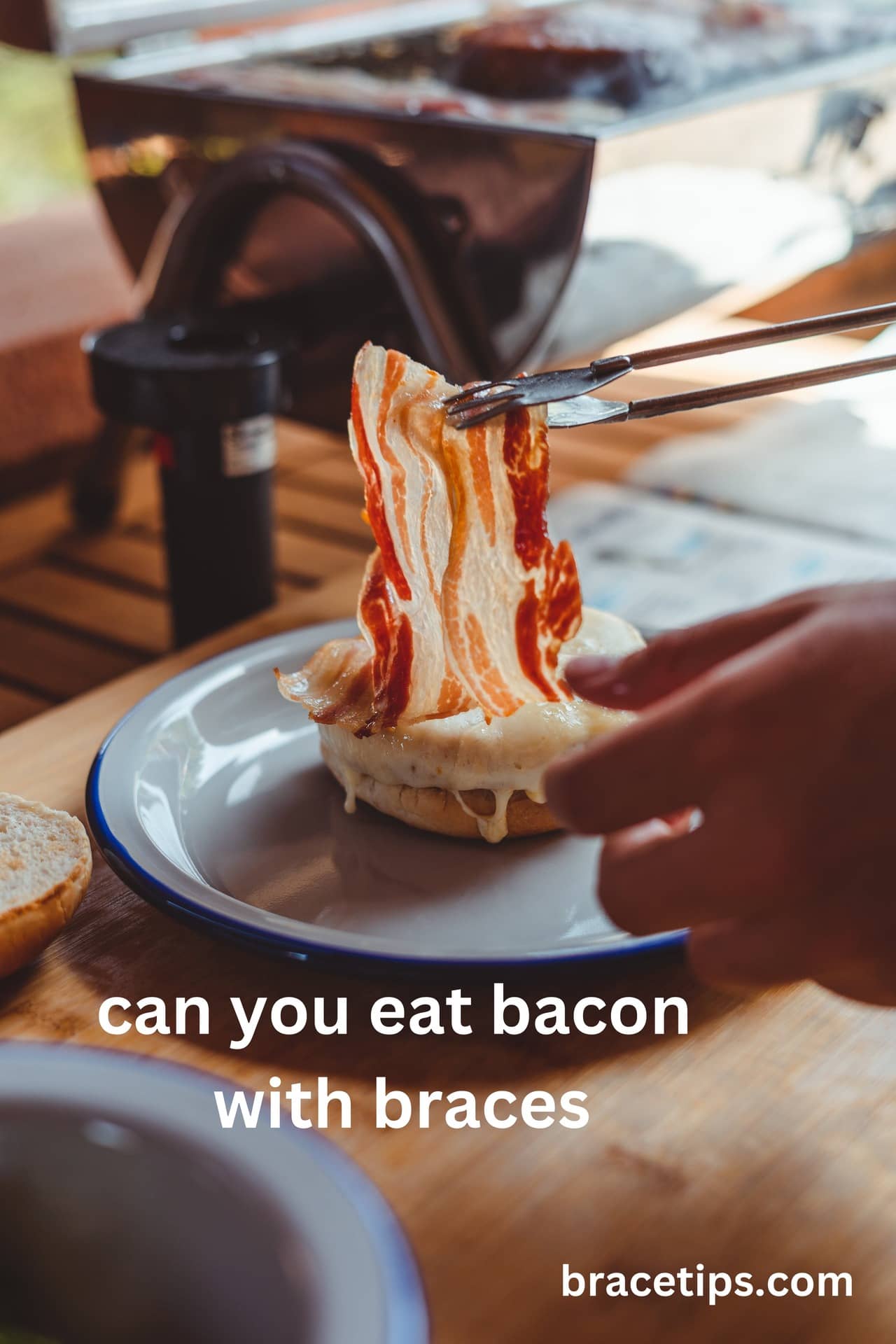Can You Eat Bacon With Braces
Braces can be a daunting experience, especially when it comes to navigating your favorite foods. Among the many queries that arise, the curiosity about consuming bacon with braces is a common concern. The delectable aroma and sizzle of bacon often beckon, but how safe is it to indulge in this crispy delight while undergoing orthodontic treatment? Let’s delve into the ins and outs of enjoying bacon responsibly with braces.
Can You Eat Crispy Bacon with Braces?
Understanding the Bacon Conundrum
Bacon, known for its irresistible taste and crispy texture, poses challenges for those with braces. The primary concern lies in the hardness of bacon, especially when it’s cooked to a crisp. The crunchiness can potentially exert pressure on the braces, leading to discomfort or even damage.
The Do’s and Don’ts
- Opt for Cooked, Yet Tender Bacon: While crispy bacon might be a favorite, it’s advisable to choose bacon that’s cooked to a softer consistency. Tender bacon is gentler on braces and reduces the risk of causing harm.
- Cut Bacon into Smaller Pieces: Slicing bacon into smaller, bite-sized pieces minimizes the strain on braces. This method eases the chewing process and lessens the impact on orthodontic appliances.
- Chew Carefully: Slow and deliberate chewing can make a significant difference. Being mindful while consuming bacon allows for better control and reduces the chances of damaging braces.
Can You Eat Bacon Raw with Braces?
Risks of Consuming Raw Bacon
Raw bacon presents a different set of concerns. Beyond the issue of hardness, raw meat carries the risk of harboring harmful bacteria. For individuals with braces, this can exacerbate dental issues, leading to infections or complications.
Cooking as a Safety Measure
Cooking bacon thoroughly is crucial for eliminating harmful bacteria. When bacon is properly cooked, it becomes more manageable to chew, decreasing the strain on braces. Therefore, raw bacon is best avoided, especially during orthodontic treatment.
Risks of Eating Bacon with Braces
Potential Risks to Consider
- Damage to Braces: The hardness of bacon, especially when crispy, can potentially damage braces, leading to discomfort and requiring immediate attention from an orthodontist.
- Sensitivity and Discomfort: Consuming tough or crispy bacon may cause sensitivity or discomfort, particularly for individuals with newly adjusted braces or sore teeth.
- Hygiene Concerns: Inadequately cooked or raw bacon raises hygiene concerns, posing a risk of bacterial infections that can complicate dental health during orthodontic treatment.
FAQs
Q:Can I occasionally enjoy crispy bacon with braces?
A:While occasional indulgence might be tempting, it’s best to exercise caution. Opt for softer, less crispy bacon to minimize the risk of discomfort or damage to braces.
Q:How should I manage cravings for bacon while wearing braces?
A:Consider softer alternatives or moderately cooked bacon to satiate cravings without compromising on dental safety. Consulting your orthodontist for guidance is advisable.
Q:Is turkey bacon a safer option for individuals with braces?
A:Turkey bacon tends to be softer and may pose fewer risks to braces compared to traditional bacon. However, caution and moderation remain key.
Q:How can I maintain oral hygiene while consuming bacon with braces?
A:After enjoying bacon, ensure thorough oral hygiene practices. Brush gently, use interdental brushes or floss, and rinse your mouth to remove any remnants and maintain dental health.

